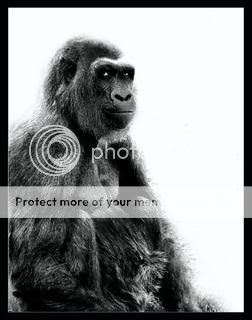Clikon
TPF Noob!
- Joined
- Mar 17, 2008
- Messages
- 374
- Reaction score
- 0
- Can others edit my Photos
- Photos OK to edit
Perhaps this has been covered...however...I want to ask.
Forget about semantics, etc...I know the title says "necessary", but what I think I really want to know is, can I get by without using it? I understand many many good photographers shoot in RAW, and obviously use software. But I'm thinking that as far as the "digital vs. film" debate goes, the advantage would have to go to the film side, if photo editing software is a must for quality digital photography.
Remember I'm still claiming the "noob clause" at this point. So if you're reading this and wanting to pull out your hair at my noobness, I apologize.
My guess is that the more knowledgeable one is about digital photography, the less likely s/he would be forced into editing. Ok, I'm ready to get reamed for that last statement, let me have it.
Forget about semantics, etc...I know the title says "necessary", but what I think I really want to know is, can I get by without using it? I understand many many good photographers shoot in RAW, and obviously use software. But I'm thinking that as far as the "digital vs. film" debate goes, the advantage would have to go to the film side, if photo editing software is a must for quality digital photography.
Remember I'm still claiming the "noob clause" at this point. So if you're reading this and wanting to pull out your hair at my noobness, I apologize.
My guess is that the more knowledgeable one is about digital photography, the less likely s/he would be forced into editing. Ok, I'm ready to get reamed for that last statement, let me have it.





![[No title]](/data/xfmg/thumbnail/37/37624-7f9c9a5c8c7bcb5e62f67313e2e48dbc.jpg?1734170748)


![[No title]](/data/xfmg/thumbnail/40/40414-0d191cae467ae156374e5d8744c94b85.jpg?1734174875)
![[No title]](/data/xfmg/thumbnail/37/37625-7e132688457d56e50320a8c99a79fe38.jpg?1734170749)




